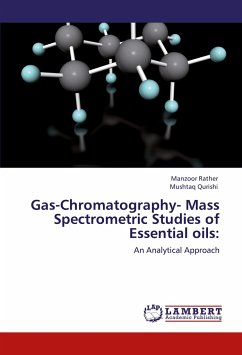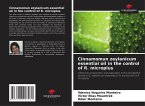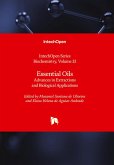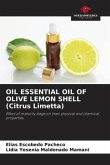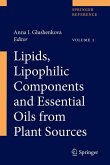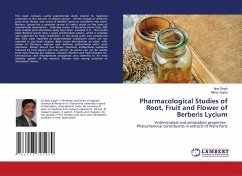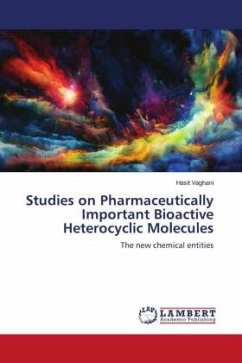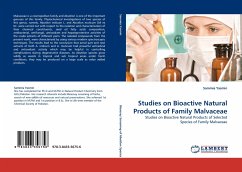Gas Chromatography-Mass Spectrometry (GC-MS)is a sophisticated, quick and reliable analytical technique for the separation, identification and quantitative determination of complex mixtures of compounds in general and essential oils in particular. The volatility and polarity of essential oil components make capillary GC-MS the technique of election for their analysis. Compound identification by GC-MS is mainly based on mass spectra or by chromatographic data (Kovats indices, linear retention indices, relative retention time) measurable with FID (flame ionization detector) or TCD (thermal conductivity detector) or better by both. Enantioselective or chiral recognition (ES-GC-MS)of essential oil components is one of the most important achievements reached in essential oil analysis during recent times enabling to determine the enantiomeric excess (EE) in an essential oil sample. The present work reports the essential oil composition of some unexplored aromatic plants like Rhododendron lepidotum, Nepeta laevigata and Artemisia pallens growing in Jammu and Kashmir.
Bitte wählen Sie Ihr Anliegen aus.
Rechnungen
Retourenschein anfordern
Bestellstatus
Storno

